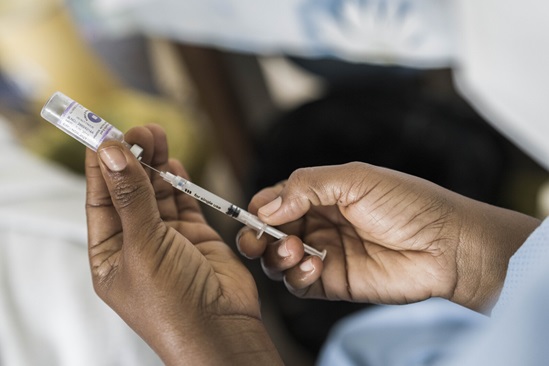
WHO declared a public health emergency of international concern (PHEIC) on 30 January 2020, shortly after the etiological agent causing the new respiratory disease later called Covid-19 had been isolated and the first genomic sequence had been completed. Scientific/academic institutions and manufacturers started to work on the development of Covid-19 vaccines only after the declaration of the PHEIC. This chronology of facts has challenged public health systems worldwide and regulatory bodies are no exception. Regulatory authorities with mechanisms in place to authorize the use of investigational products had to development guidelines and procedures, create task forces and alliances to maximize the efficiency of assessment, review and authorizations of medical products. Vaccines are undoubtedly the most complex medical products to develop, from concept to a stage where sufficient evidence of quality, safety and efficacy are collected to provide an assurance that their use will provide more benefits than risks when used in the context of a public health emergency.
More information for companies wishing to submit their products is described in the EUL procedure.
The contact email for EUL submission and more information is whoeul@who.int
Documents
Q&A
Model packaging – WHO working position
